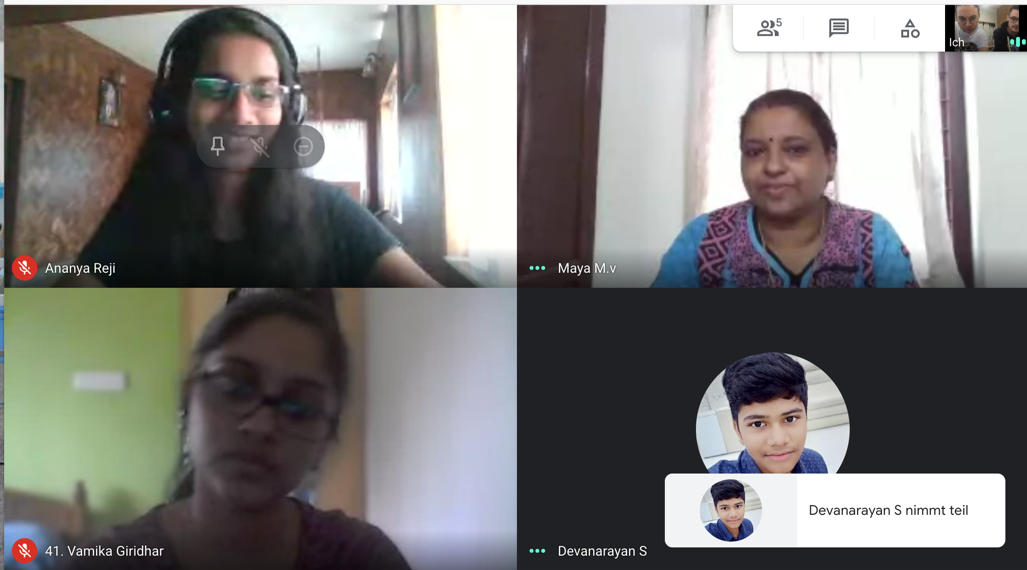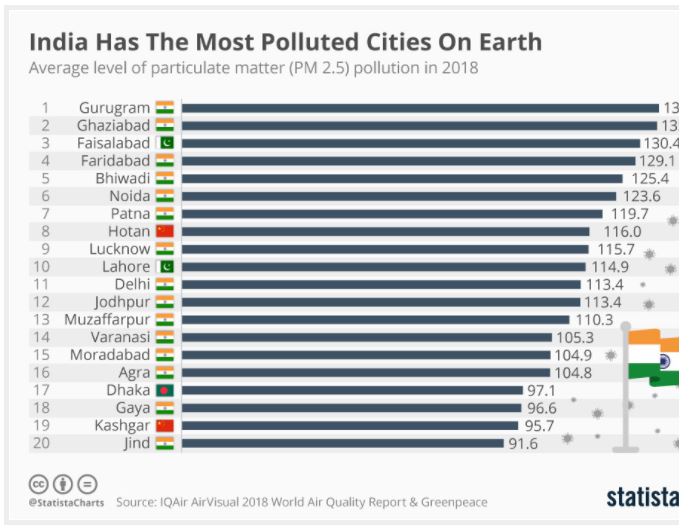Text:
Hello Everyone!
We have just finished our survey. It would be really great if you could fill out the form.
Here is the link: https://ee.humanitarianresponse.info/x/ZUSCHIh9
Thank you very much!
Anabel & Karla
Picture:

Today
Today we concluded our personal research for this project. We find that the information we have now is enough, otherwise our project post would become out of hand.
Also we contacted the people responsible for the clima pavillion in Zurich to find out, what they need for us for our collaboration.
Our collaboration team from Kerala has exams at the moment, which means they will send their document with their research as soon as their exams are through (estimated in about one or two weeks).
In three weeks
Due to final exams which are held here at our school, we will not have school for the next two weeks. That means we will not be working on this project as actively until the 24th of June.
On the 24th we will evaluate and analyze our survey and add it to our final document.
Also we will include the research of the team from Kerala into our document as well.
30 May 2021
As we fixed with Team Kerala, we will upload the results of our survey on "The Horse". Team Kerala did it today.
We also received some questions from Team Basque on glacier melt, which had been responded.
Genti and Tiziano
[in progress]
23 April 2021
Today we talked with "Team Kerala" about our collaboration-plan.
We also created on WhatsApp a chat called "Team Kerala", which is used for our exchanging ourself. In the next weeks, we will have another meeting via Google. In that occasion, we will bring together the results of the surveys about glacier melt and floods.
Genti and Tiziano
Deepavali or Divali is a festival of lights and one of the major festivals celebrated by Hindus, Jains and Sikhs.[7] The festival usually lasts five days and is celebrated during the Hindu lunisolar month Kartika (between mid-October and mid-November). One of the most popular festivals of Hinduism, Diwali symbolizes the spiritual "victory of light over darkness, good over evil, and knowledge over ignorance” .Diwali is also a major cultural event for the Hindu and Jain diaspora from the Indian subcontinent.
It’s a time when we wear our finest clothes, illuminate the interior and exterior of our homes with diyas and rangoli, perform worship ceremonies of Lakshmi, the goddess of prosperity and wealth,[note 1] light fireworks, and partake in family feasts, distribute mithai (sweets) and gifts .





The main feature of Diwali festival is burning firecrackers. People spent a lot of money for this .
According to researchers, the mean PM10 (tiny particulate matter suspended in air measuring 10 micrometres or less in diameter)concentration during Diwali was 81% higher than at other times, and the concentration of metals and ions increased significantly. With an increase of 65%, the noise levels too were equally excessive. The increased level of particulate matter corresponded with a 67% increase in the number of patients attending the hospital during the Diwali period . At this time of year, the weather, celebratory practices and regional agriculture combine to create conditions in which air pollution around Delhi reaches 300 times the World Health Organisation standard for healthy air.

I’m not against festivals and as a proud citizen of cultural and linguistic diversities I enjoy each and every aspect of my diverse culture .The motive behind all festivals is bringing people together ,for them to stay connected and relish good memories and stay happy. But that doesn’t mean destroying or harming nature or just burning out people’s hard earned money .Happiness can be felt ,unity can be experienced ,we can celebrate the victory of good over evil even without polluting nature. What do you think? And do you think unwanted norms and practices in your countries increase pollution?
These are a few links to know more about diwali.
https://artsandculture.google.com/story/0QVxpSl4NnfrEQ
https://artsandculture.google.com/story/pgXxYajfen0Wuw
https://artsandculture.google.com/story/ogXhxVlP9nfNAw
Looking forward to your comments
Reshma Rajesh
Recently the buzz about disposable products has been high and with our current situation where resources are on a all time low, its time that we start discussing the impact of our actions.
Disposable products are usually used once or twice and are thrown away (often they are not recycled). In the case of plastic, we are aware that it is non-biodegradable in nature and yet we continue to use them. Plastic bags choke the wildlife and refuse to break down in oceans or landfills. They aren’t easy to recycle and make environment pretty messed up.
Every year, almost 1 trillion tons of plastic is used all around the world in forms of disposable products. After the issues surrounding this had come to light, many countries had taken action by either limiting its use or completing banning it.
Through this project I would like research on:
- alternate options
- advantages and disadvantages of both limiting it or banning it
- which one will work in the long run
Waste management -one of the main problems faced by the human race.What if we could resolve this issue by just adjusting a few things at home. Sounds great right but each one of us would say that it takes up a great deal of time. Not really, even a four-year-old can manage our household wastes with the help of a biopod. Not over, we can use the same adjustments to cut down on our budget. Yes, we can produce some of the basic food products we use daily at home itself by setting aside a portion of our courtyard or even the terrace and making use of the same biopod fertiliser.
Add on we can enjoy fresh fishes as well by just building a small pond in our backyard.No need for fish food we can make use of larvae called black soldiers obtained from biopod as fish food. It can also be used as hen feed The fish waste in fact can be used as a fertilizer for our food production.A person who has even less than two cents of plot can implement these and switch on to a healthy and self-sustainable, eco-friendly living. And the most important of all we can make these biopods at home at a very low cost. The process is not just a solution for waste management but is also a way to switch on to healthy food free from formalin and pesticides.
Waste management is a global issue and a solution like biopod is cheap as well as easy to implement.
Looking forward to your comments.
Reshma Rajesh and Ashish P John.
Team Grade 12 Kerala:
3 students: Reshma, Sivani, Ashish
Teacher Mary Angel (responsible)More...